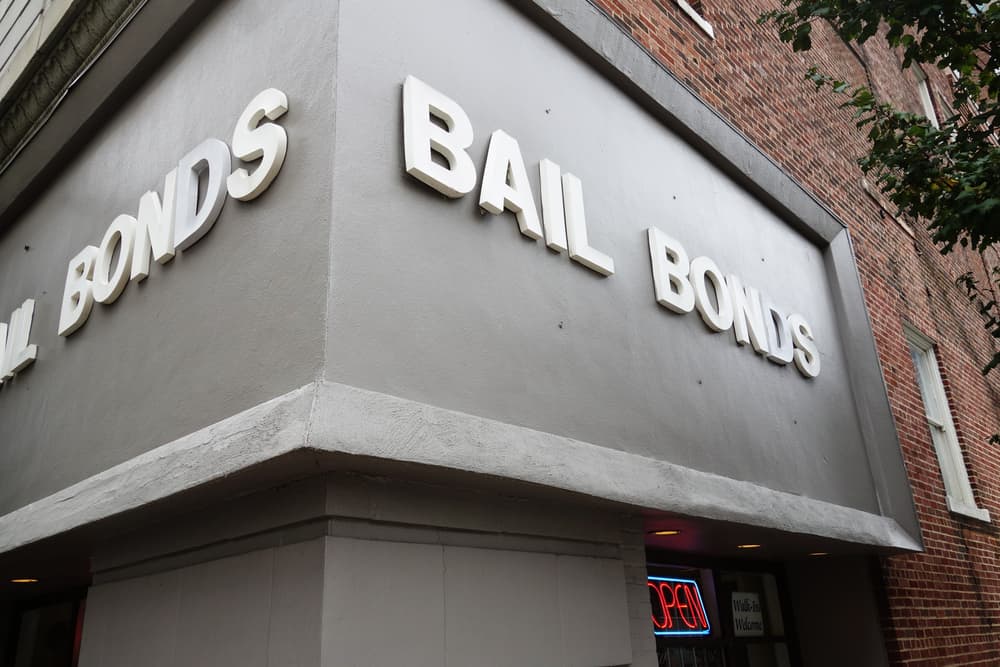While most people want to help out a friend in need, individuals should know the risks and responsibilities they take on when agreeing to post bail for a friend through a bail bond agent. Often, a non-refundable fee is required, and there is always a possibility that the money won’t be returned at all if the defendant fails to show up in court.
Here, are some important considerations one should take into account before signing a bail bond agreement to help a loved one.
Administrative Fees
Frequently, bonding companies and bond dealers charge a premium or administrative fee for using their services. Usually, that fee is around 10 percent of the total bail amount. As an example, a bail amount of $4,000 may have a non-refundable fee of $400 plus any costs for administrative purposes. Regardless of if your friend shows up in court, that fee will not be credited back to you in any way.
Failure to Show in Court
In the event, your friend or family member fails to show up for a court date – any or all of them – a warrant may be issued for their arrest. At that point, the bail bond company will search for your loved one to return to jail until their next court date. If they are not found within a specific period, the bondsman must forfeit the bail amount to the court and, in turn, seek payment from you. In other terms, if your loved one fails to appear to court, you may lose the entire bail amount with no recourse to get it back.
Property Loss
Some bondsmen allow for a bail bond to be secured or backed by property collateral instead of cash. Examples of property authorized to be used include a paid-off car, house, land, art, or anything owned of significant value. If your friend or family member fails to appear in court, you may be subject to losing whatever property you put on the line. You could be at risk of losing your home or car if the bond company takes possession of your property.
Skipping Payments
Occasionally, bonding companies allow individuals to use personal collateral to secure a bond in return for weekly or monthly payments to cover the administrative fee or bond amount. While your part of the agreement is simply the property collateral, and it is up to your loved one to make payments once they have been released, if they miss even one payment, your property could be at risk for being confiscated.
Additional Conditions of the Bail Bond
Many times, there are conditions tied to a bond when bailing out someone you love. Examples of those conditions could include orders not to associate with other defendants, a requirement to attend drug or alcohol classes, restraining orders against victims, or inability to leave the country. In the event your friend or family member fails to abide by the conditions placed on their bond, you may be the one paying for their mistakes or bad choices. Any money or property you put on the line to secure their bail is at risk if they fail to adhere to the conditions.



